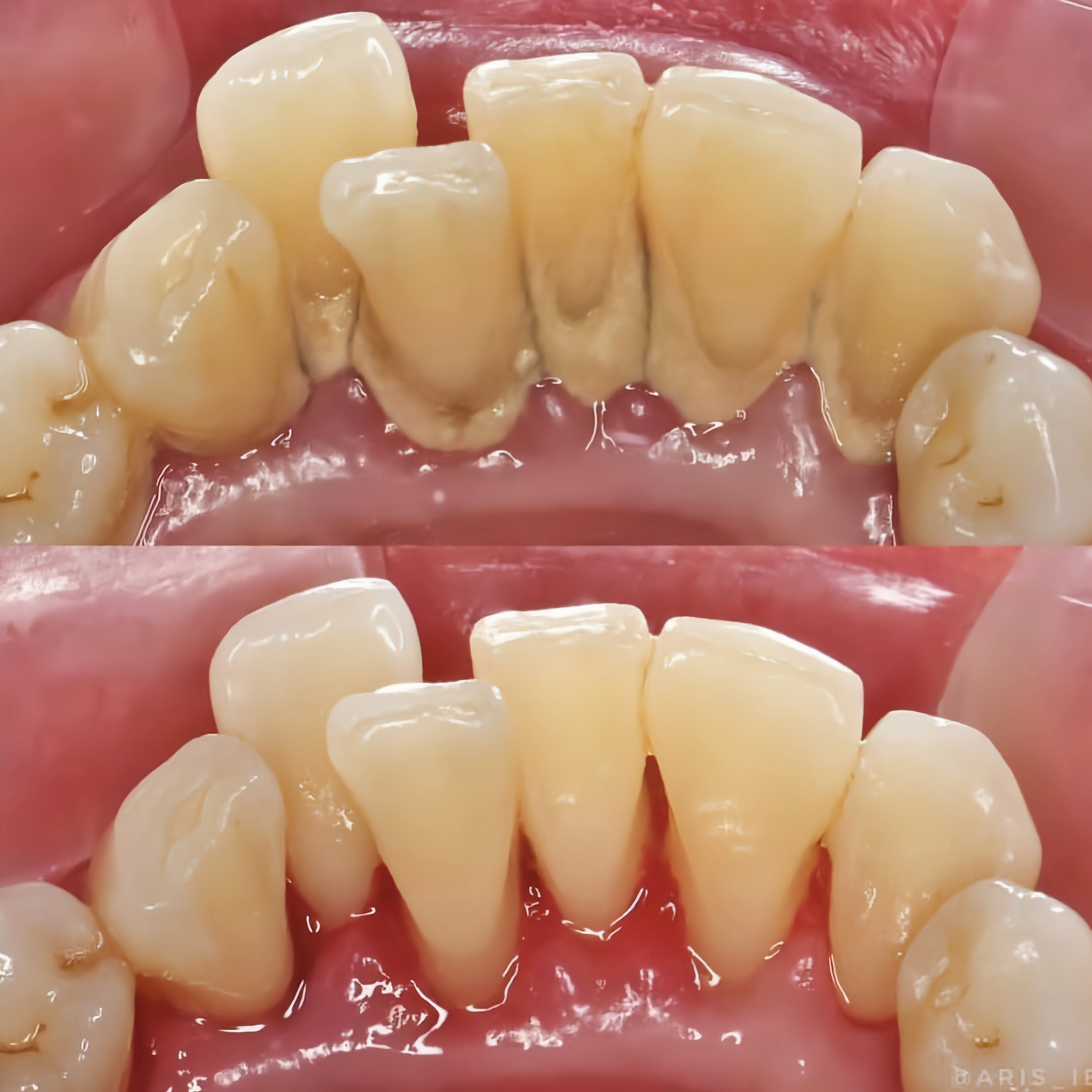+919220813684

This is your website preview.
Currently it only shows your basic business info. Start adding relevant business details such as description, images and products or services to gain your customers attention by using Boost 360 android app / iOS App / web portal.
Frequently asked questions about Teeth Scaling (Cl...

Frequently asked questions about Teeth Scaling (Cleaning): 1. What is teeth scaling? Teeth scaling, also known as a dental cleaning, is a procedure that removes plaque, tartar (calculus), and stains from the teeth, particularly from areas that are hard to reach with regular brushing and flossing. 2. Why is teeth scaling necessary? Teeth scaling helps to maintain oral health by preventing gum disease, tooth decay, bad breath, and other dental issues. It also helps in maintaining a bright smile by removing surface stains. 3. Does scaling damage the teeth? No, scaling does not damage the teeth. It only removes harmful plaque and tartar. After scaling, the teeth may feel more sensitive for a short period due to the removal of tartar buildup, but this sensitivity is temporary. 4. How often should I get my teeth scaled? The general recommendation is to get a dental cleaning every 6 months. However, some people may require more frequent cleanings, especially if they are prone to gum disease or plaque buildup. 5. Is teeth scaling painful? Teeth scaling is usually not painful. Some patients may experience mild discomfort, especially if there is a lot of tartar or if the gums are inflamed. If necessary, a numbing gel or local anesthetic can be used. 6. Can scaling whiten my teeth? Scaling removes surface stains caused by food, drinks, and smoking, which can make your teeth appear whiter. However, it does not change the natural color of your teeth. For significant whitening, professional teeth whitening is recommended. 7. What is the difference between scaling and polishing?Scaling removes plaque, tartar, and stains from the teeth, particularly below the gumline. Polishing, on the other hand, smooths the surface of the teeth after scaling, making them shiny and more resistant to plaque buildup. 8. Can scaling cause gaps between teeth? No, scaling does not cause gaps between teeth. However, after tartar is removed, patients may feel small gaps or spaces that were previously filled with tartar. This is normal and a sign of improved oral health. 9. What precautions should I take after scaling? After scaling, avoid consuming very hot or cold food and drinks for a few hours, as your teeth might be sensitive. It's also important to maintain good oral hygiene by brushing, flossing, and using an antiseptic mouthwash. 10. Is teeth scaling safe for people with braces or dental restorations? Yes, teeth scaling is safe for people with braces, crowns, or other dental restorations. The dentist will use special tools and techniques to clean around the restorations and braces. Regular cleanings are especially important for patients with braces to prevent plaque buildup. At Dento Art Dental Clinic in Thane, our expert dentists provide excellent quality scaling treatment using advanced technology. Book your appointment now.

